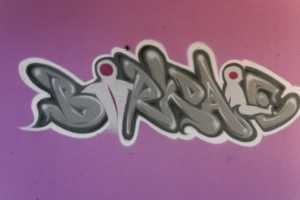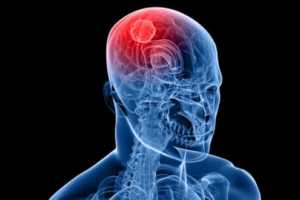If your child has been diagnosed with muscular dystrophy (MD), you may be facing many questions and challenges. Muscular dystrophy is a group of genetic conditions that cause progressive muscle weakness, affecting your child’s strength, mobility, and daily life. At Birkdale Paediatric and Adult Neuro Physio, we specialize in supporting children and families dealing with this condition, providing thorough assessments and personalized treatment to help your child thrive.
What is Muscular Dystrophy?
Muscular dystrophy affects the muscles that control movement. There are several types, with Duchenne muscular dystrophy (DMD) being one of the most common in children. MD causes muscle cells to break down, which means your child may gradually lose strength and independence in everyday tasks, such as walking, climbing stairs, or even lifting objects. While each child is unique, early interventions and specialized physiotherapy can make a significant difference.
How Physiotherapy Helps
Physiotherapy for muscular dystrophy focuses on maintaining muscle strength, flexibility, and mobility. Our team at Birkdale Paediatric and Adult Neuro Physio is experienced in creating customized therapy plans for children, using evidence-based techniques and the latest equipment. Physiotherapy can slow the progression of muscle weakness, delay contractures (tightening of muscles and joints), and improve respiratory health, all of which help improve your child’s quality of life.
Our Comprehensive Approach
At Birkdale Paediatric and Adult Neuro Physio, we start with a thorough, two-hour assessment involving two specialized paediatric physiotherapists. This in-depth approach ensures that we fully understand your child’s unique needs, muscle strengths, joint mobility, and functional abilities. The data collected helps us design an individualized treatment plan to address each aspect of their condition.
Our centre is equipped with advanced tools like:
- Gait Analysis Systems – to monitor your child’s walking pattern and identify areas for improvement.
- Sensory tools – to enhance body awareness in the environment, enabling quicker, more effective responses for improved functionality.
- Neuromuscular Stimulation Devices (NMES/FES) – which help target weak muscles safely.
What to Expect from Therapy
During physiotherapy sessions, we work on exercises to maintain muscle strength, stretching to prevent contractures, and mobility training to enhance daily functions. We often integrate play and fun activities that are both engaging and effective, encouraging your child to participate actively.
We understand that a diagnosis like muscular dystrophy affects the whole family. Our team is here to support not only your child but also you as a parent. We will keep you involved, educate you on helpful exercises and tips for home, and adjust treatment plans as your child grows.
One of our cases at the clinic.
Four years ago, a 16-year-old girl was diagnosed with a form of muscular dystrophy that affects her calf and ankle, limiting her ability to join friends at the park or go out dancing. Since beginning weekly physiotherapy sessions with us, she has made significant strides in strengthening her leg. Our work together includes eye movement exercises, active calf stretches, strengthening and balance training to support her mobility. Although dancing is still a goal in progress, she can now walk with much more ease alongside her friends. Currently, we are focusing on building her strength and coordination to help her work toward her dream of dancing. At Birkdale Paediatric and Adult Neuro Physio, we are committed to guiding each individual toward their highest quality of life, step by step.



